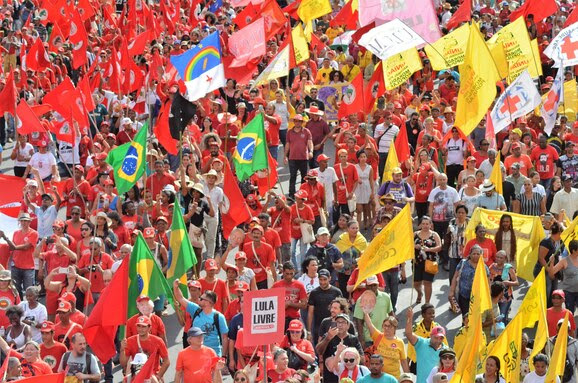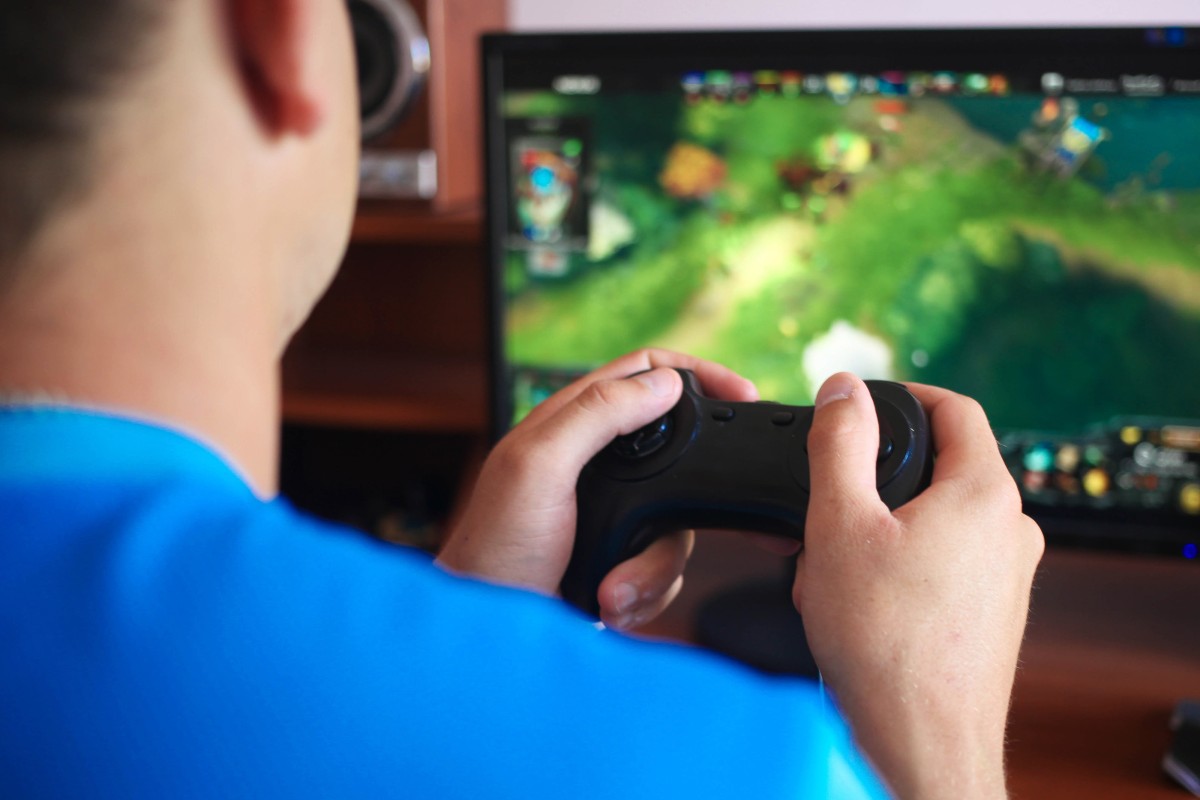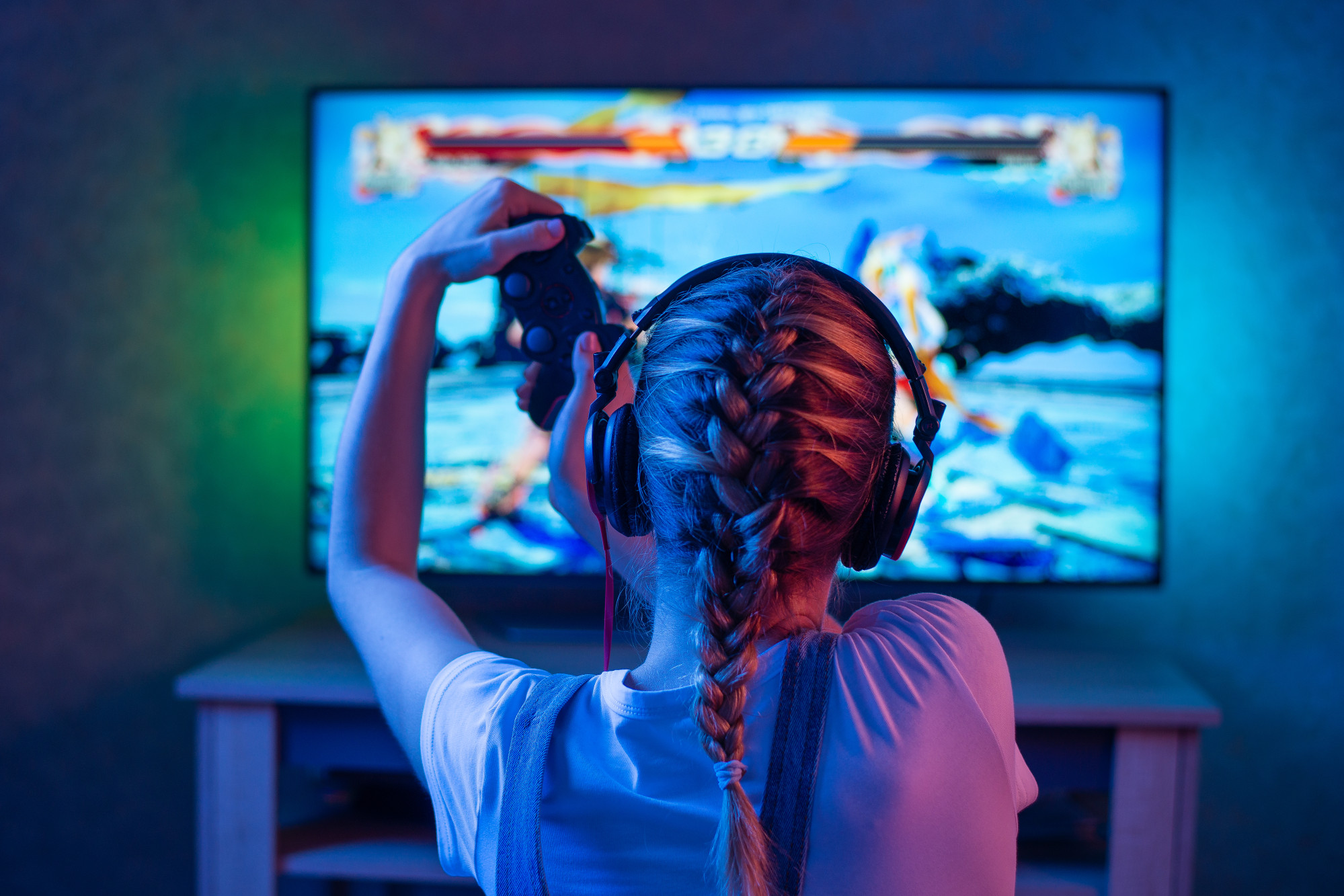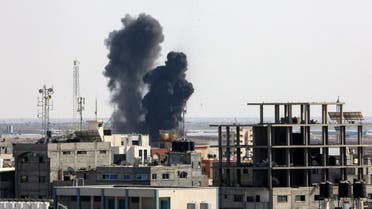
TOMORROW 6.30PM: Lula vs Bolsonaro: the election that will define Brazil’s future
With the second round of the Brazilian election taking place on Sunday, we need to show Lula and the millions of Brazilians resisting Bolsonaro that we are with them.
A rise in political violence aimed at stopping people voting, serious allegations of vote buying, and continued misinformation from Bolsonaro's campaign. There is a lot we are up against.
Tomorrow (Thursday, October 27th) at 6.30PM (GMT+1). You can join the zoom webinar and help us build international solidarity here.
WITH:
- Julia Felmanas, Brazilian Workers' Party London (PT Londres), coordinator
- Richard Burgon MP, Brazil Solidarity Initiative chair
- Brian Meir, journalist for teleSUR English
- Elda Cardoso, Frente Preta UK
- Mohammad Suhail, Young Labour International Officer
- PLUS MORE TBA!
Join us on Zoom here
Please also share the event on Facebook, on twitter or through your own networks.
Together, we can show Bolsonaro and the far-right that the world is watching - no more political violence and no more attacks on Brazilian democracy.
We will also be hosting a post-election rally on November 7th, with electoral observers from the second round vote including Jeremy Corbyn. Please see below for more details.

Brazil after the elections - International Solidarity Rally
After the results of the Brazilian election, join us for a rally in support of Lula and the defense of Brazilian democracy.
SAVE THE DATE: Monday, 7th November at 7PM (GMT)
REGISTER YOUR PLACE HERE
One week after the Brazilian elections, we are mobilsing activists to discuss the results and build support for the millions of Brazilian defending democracy and the electoral system.
With solidarity speakers from the UK inlcuding Jeremy Corbyn MP and international guests from Brazil and Latin America to be announced!
Kind regards,
The Brazil Solidarity Initiative Team
www.brazilsolidarity.co.uk f: @BrazilSolidarityInitiative t: @BSI_updates
P.S. Thank you to everyone who has donated to our urgent campaign fundraiser. Without your support we cannot continue our vital campaign work after the election. Please consider donating £20 or whatever you can afford here.
Featured image: The mobilisation that supported Lula's registration as a candidate for the presidential election, held at the Superior Electoral Court, in Brasília (August 15th, 2018). Photo credit: Ricardo Cifuentes under Attribution-ShareAlike 4.0 International (CC BY-SA 4.0)
Image 2: Featured image: Lula and Dilma on September 8th, 2022 photo credit Marcelo Freixo under Attribution 2.0 Generic (CC BY 2.0)


















